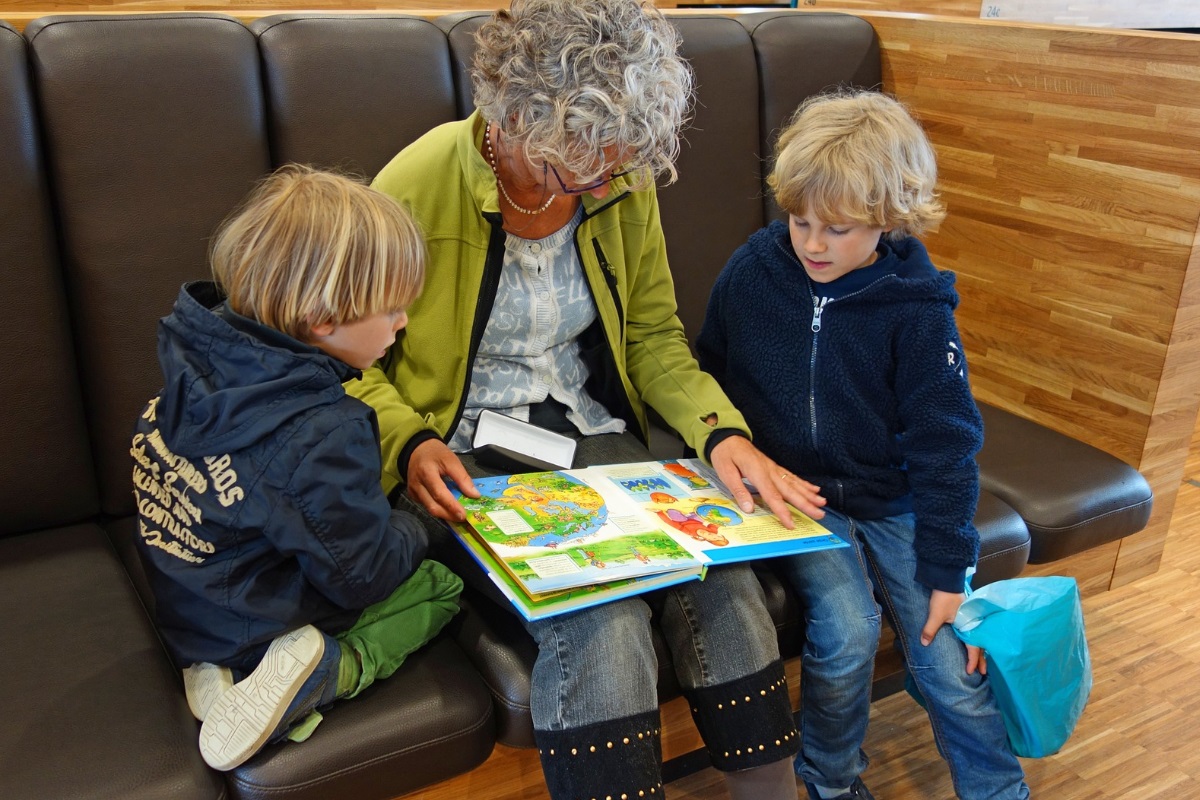What’s Wrong with Healthcare? It doesn’t Care (Part II)

I first met Jonathan when he was in his 20s. At the time, he had been diagnosed with metastatic testicular cancer. It had spread to his brain. He’d had a stroke. He had had brain surgery. And radiation. And chemo.
When I met him and his family, he was a couple of weeks away from a bone marrow transplant. As I sat with them, listening and engaging, they had a question: “Help us understand – what is cancer?”
Out of Touch
That might sound surprising. After all, how could this progress so far without having the patient or his family understand exactly what they are dealing with? Why didn’t anyone engage them as human beings so they can understand and take an active role in their healthcare decisions?
Unfortunately, it’s all too common. And it’s a challenge that palliative care practitioners such as myself deal with on a daily basis.
The healthcare industry has developed a vast array of techniques and tools that we use to treat patients. Surgery. Medications. High-tech things such as gene therapies. Bottom line: There is so much more we can “do” to patients than ever before.
But is it always in the best interests of the patient? No.
My experience is, the more we “do” to patients, the more we risk negatively impacting the quality of their lives – and the more we risk actually decreasing how long they live, as well. In addition, too often - almost always - we are not giving the patient an opportunity to choose HOW they want to live.
We need to do a better job of understanding patients – and engaging with them – as complex human beings, not just people with symptoms that need to be cured.

Fee for Service Tradition
The “treat first, ask questions later” mindset has played a major role in how the healthcare system has evolved. Until recently, most healthcare providers were paid on a fee for service basis. The doctor ran a test or performed a treatment – and got paid for it by the patient or insurance company.
This system is exacerbated by the way medical education is conducted. Medical students are taught to be fighters – to defend their patient against whatever disease is happening to them. If the treatment isn’t working, then it is increased, or another approach, even more intense, and more expensive, is initiated. Small wonder why 85% of U.S. healthcare dollars are spent on the 15% sickest patients, mostly in the final weeks of life.
Two significant areas where medical education falls short are: 1) the human touch – learning how to talk with patients about what is happening, and 2) an understanding of what I term the “Inflection Point” - the physiologic time period when a body’s ability to heal, recover, get stronger, begins to decrease and eventually ceases. In other words, we doctors are not trained to recognize the absolute inevitability of “Mother Nature’s natural course” nor the importance of listening to and hearing our patients - spending time with them so we might truly appreciate their concerns and fears. These things are very important, especially for patients who are facing the inevitable declines that come with aging or serious illness.
That’s why it’s so important for those providing care to understand the patient’s goals in terms of living life. It’s also why we at Crossroads Hospice & Palliative Care are strong believers in the benefits true palliative care has to offer.
Curing Instead of Caring
The fact is, the healthcare industry in America has become so focused on finding the “cure” that it often overlooks what should be done to “care” for the patient on an individual level.
We need to put the “care” back in healthcare. We need to be willing to truly engage with our patients and make sure their treatment program is a shared decision and a shared journey between practitioner and patient.
Palliative care practitioners understand the importance of engaging the patient with the ultimate goal of trying to help them find a way to live lives that are as full and fulfilling as possible.
Too often, when people hear the term palliative, care, they associate it with dying. But in reality, palliative care is about living. Living based on our values, what we find sacred, and how we want to write the chapters of our lives – whether it’s the last chapter or the last five.
If you found this information helpful, please share it with your network and community.
Copyright © 2018 Crossroads Hospice. All rights reserved.
Dr. Timothy Ihrig, Chief Medical Officer of Crossroads Hospice & Palliative Care, is an internationally recognized authority on hospice and palliative care and advocate for full transparency in patient care. His TED Talk, “What We Can Do to Die Well,” urges doctors to emphasize overall quality of life while helping seriously ill patients approach end-of-life with dignity and compassion. Dr. Ihrig received his Doctor of Medicine and M.A. in Molecular Biology at the University of Nebraska. He is endorsed by the Center to Advance Palliative Care as a clinician-educator.
Recommended Reading:
What’s Wrong With Healthcare? It Doesn’t Care (Part I)
Introducing Dr. Timothy Ihrig
Two Years After “The Talk”: What Now?




